Leukemia Aml Panel By Fish Test, Leukemic Blood in Kandivali
50+ booked in last 3 daysOverview
The initial panel includes testing for the following abnormalities using the probes listed:ETO / AML1,PML / RARA,CBFB and MLL by FISH.
Leukemia Aml Panel By Fish Test, Leukemic Blood Price in Kandivali
Metropolis Healthcare is a leading diagnostics centre and pathology lab in India equipped with the latest state-of-the-art technologies that provides the Leukemia Aml Panel By Fish Test, Leukemic Blood with a clear pricing structure
The price of Leukemia Aml Panel By Fish Test, Leukemic Blood in Kandivali is ₹ 15,900
We are committed to deliver accurate and quality results from the best labs in India with complete transparency regarding test cost and turnaround time. No matter where you are, we strive to offer patients high-quality service that is affordable and accessible.
To make an online appointment, get in touch with Metropolis.
Frequently Asked Questions
Detecting a neoplastic clone associated with recurrent chromosome abnormalities seen in adult patients with acute myeloid leukemia (AML) or other myeloid malignancies. Conventional chromosome analysis is the gold standard for identification of the common, recurrent chromosome abnormalities in AML. However, some of the subtle rearrangements can be missed by karyotype, including inv(16) and MLL rearrangements.
As suggested by the doctor detecting a neoplastic clone associated with recurrent chromosome abnormalities seen in adult patients with acute myeloid leukemia (AML).
The initial panel includes testing for the following abnormalities using the probes listed:ETO / AML1,PML / RARA,CBFB and MLL by FISH. Several recurrent chromosomal abnormalities have been identified in AML with associated clinical significance. The most common chromosome abnormalities associated with AML include t(8;21), t(15;17), inv(16), and abnormalities of the MLL (KMT2A) gene at 11q23. Overall, the recurrent chromosome abnormalities identified in patients with AML are observed in approximately 60% of diagnostic AML cases. Fluorescence in situ hybridization (FISH) analysis of nonproliferating (interphase) cells can be used to detect the common diagnostic and prognostic chromosome abnormalities observed in patients with AML. When recurrent translocations or inversions are identified, FISH testing can also be used to track response to therapy.
Ratings & Reviews (0)
Why Metropolis?
Metropolis has a team of 200 senior pathologists and over 2000 technicians delivering diagnostic solutions in the areas of routine, semi specialty and super specialty domains like Oncology, Neurology, Gynaecology, Nephrology and many more.
We offer a comprehensive range of 4000+ clinical laboratory tests and profiles, which are used for prediction, early detection, diagnostic screening, confirmation and/or monitoring of the disease.
 Home Visit
Home Visit Upload
Upload




.png)


































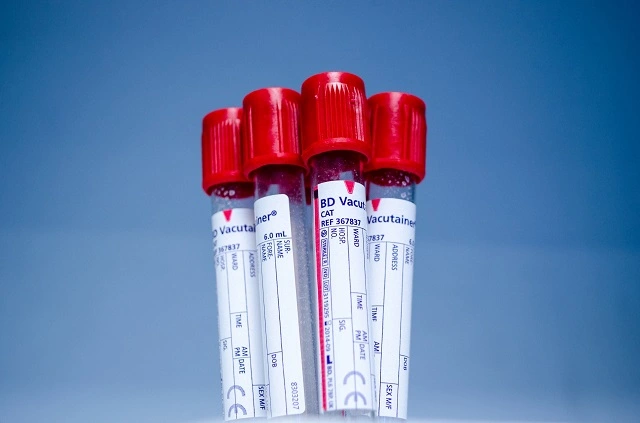










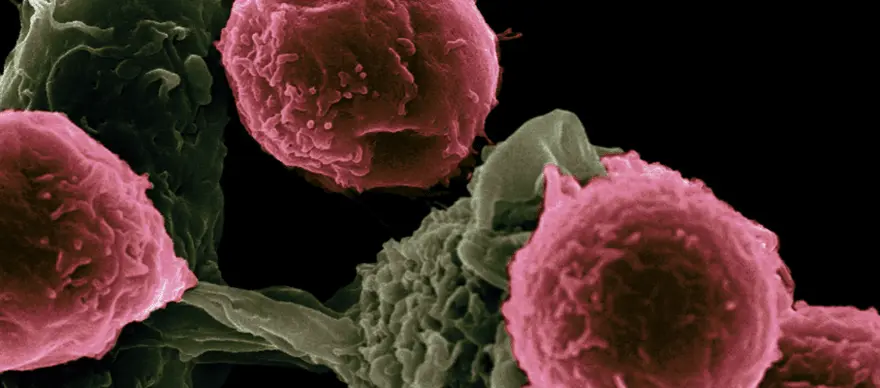



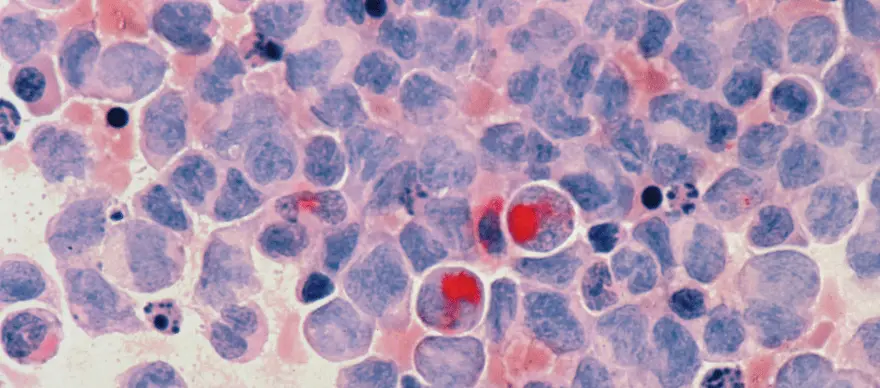










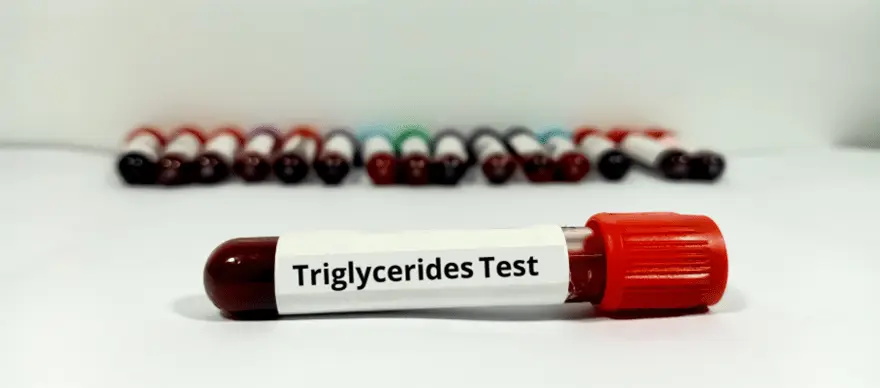





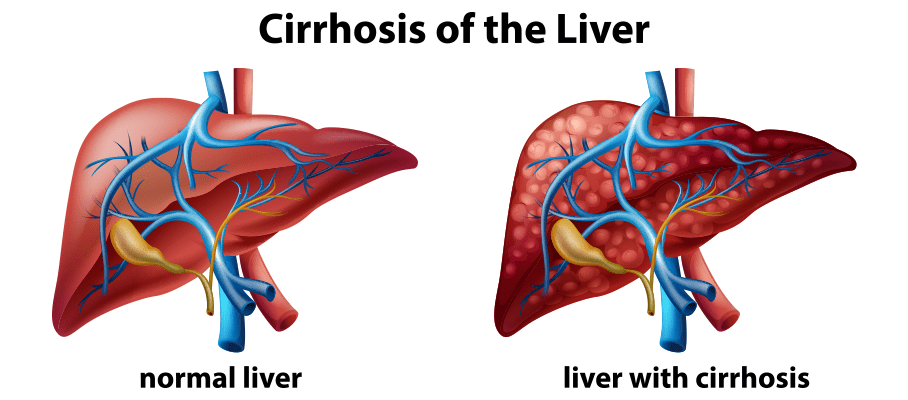



1707898101.webp)


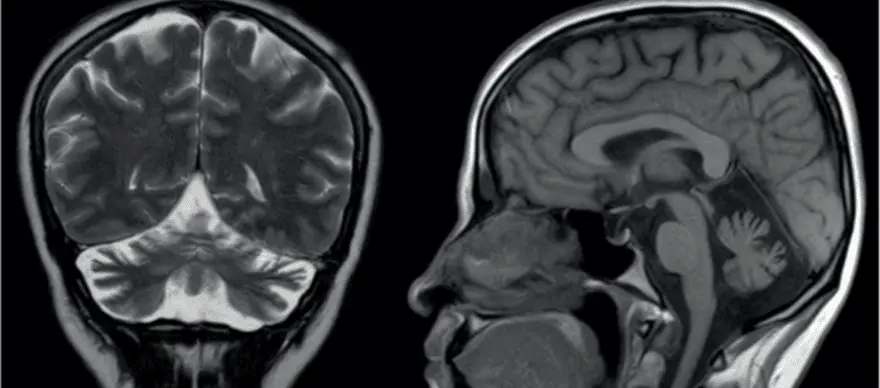










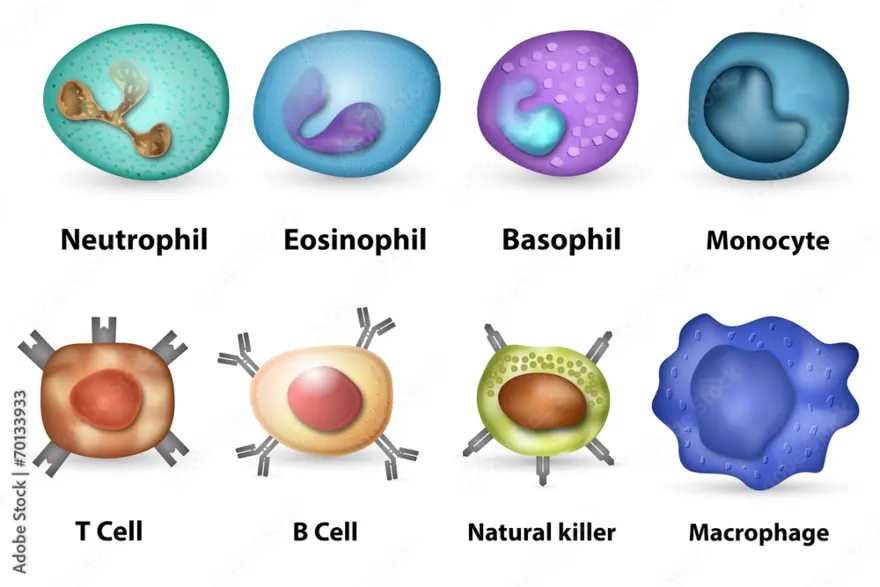



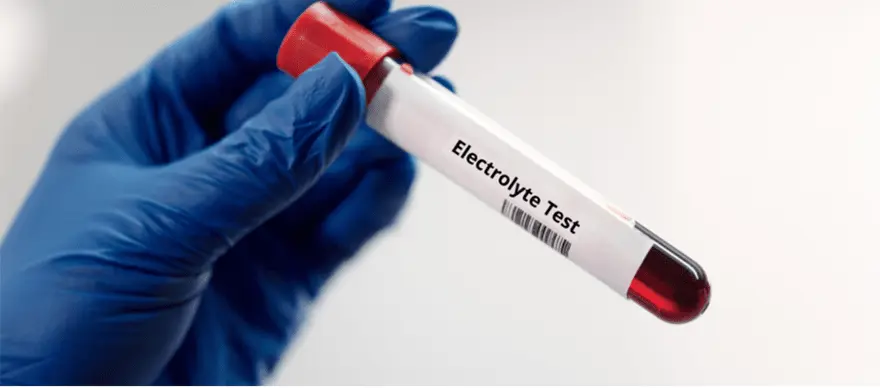



















 WhatsApp
WhatsApp